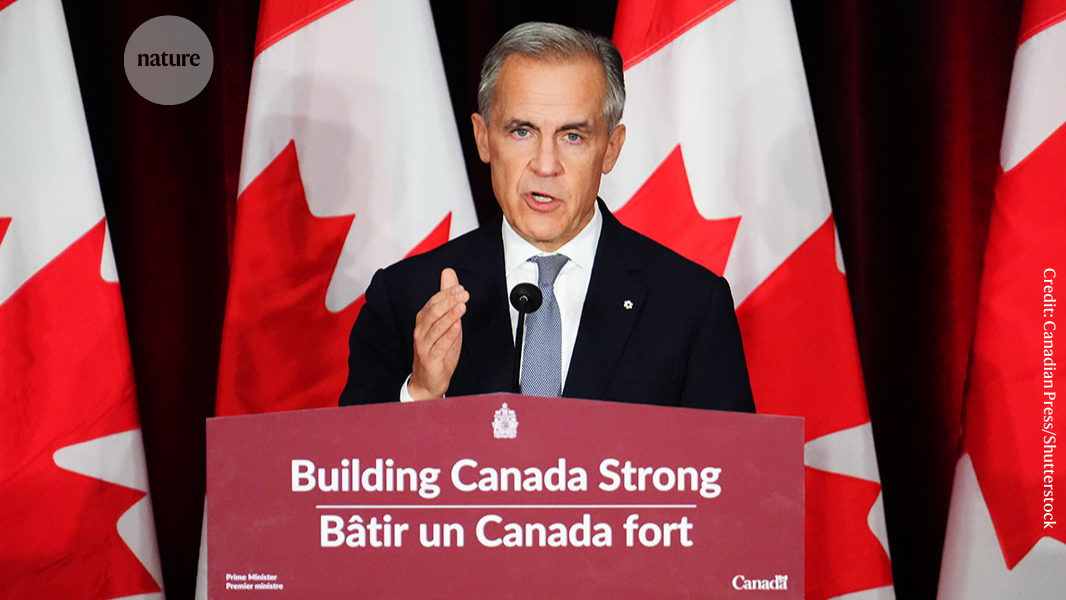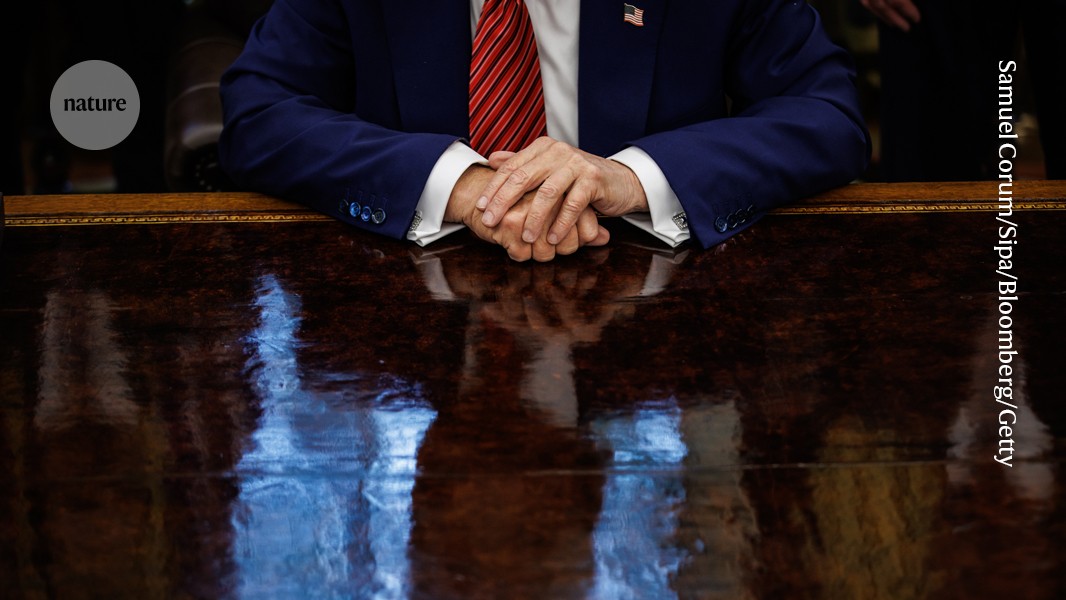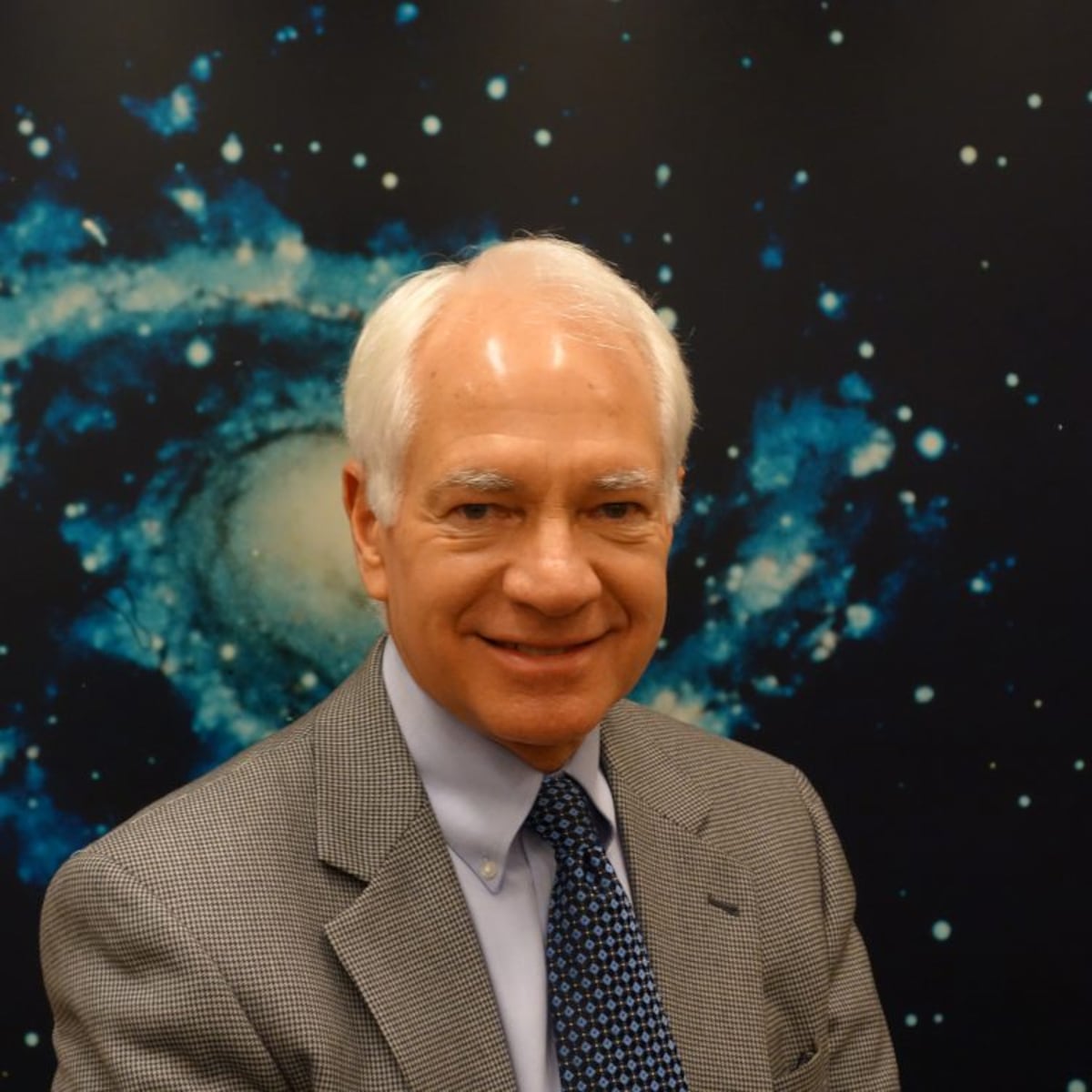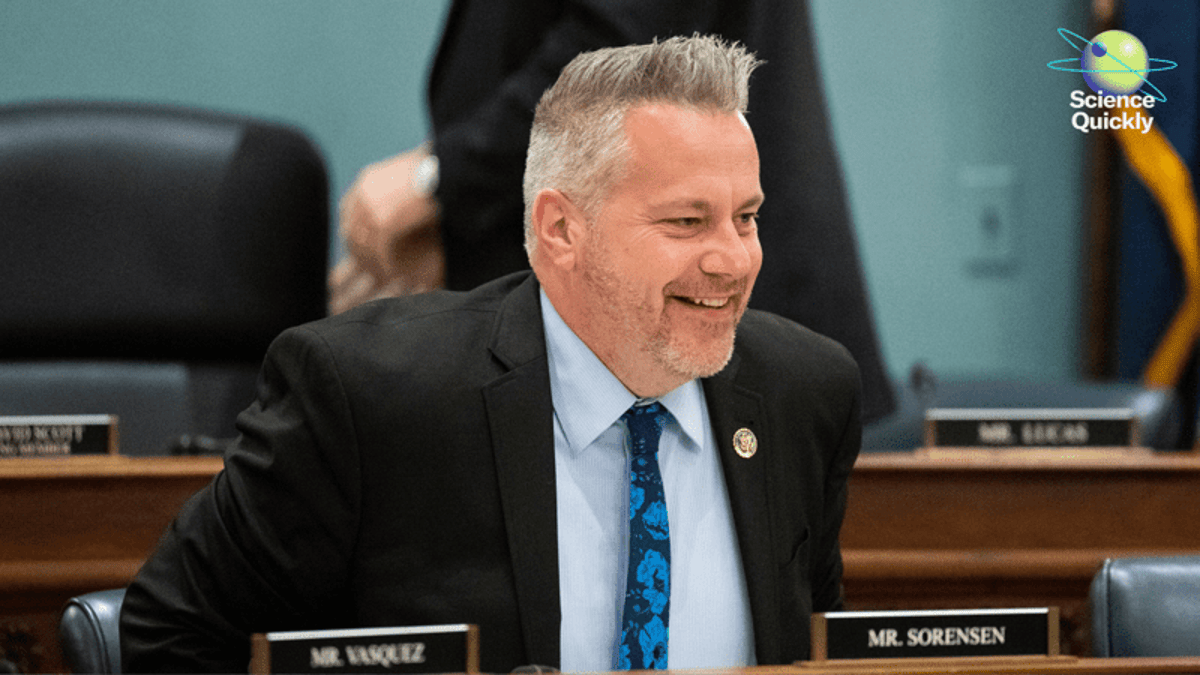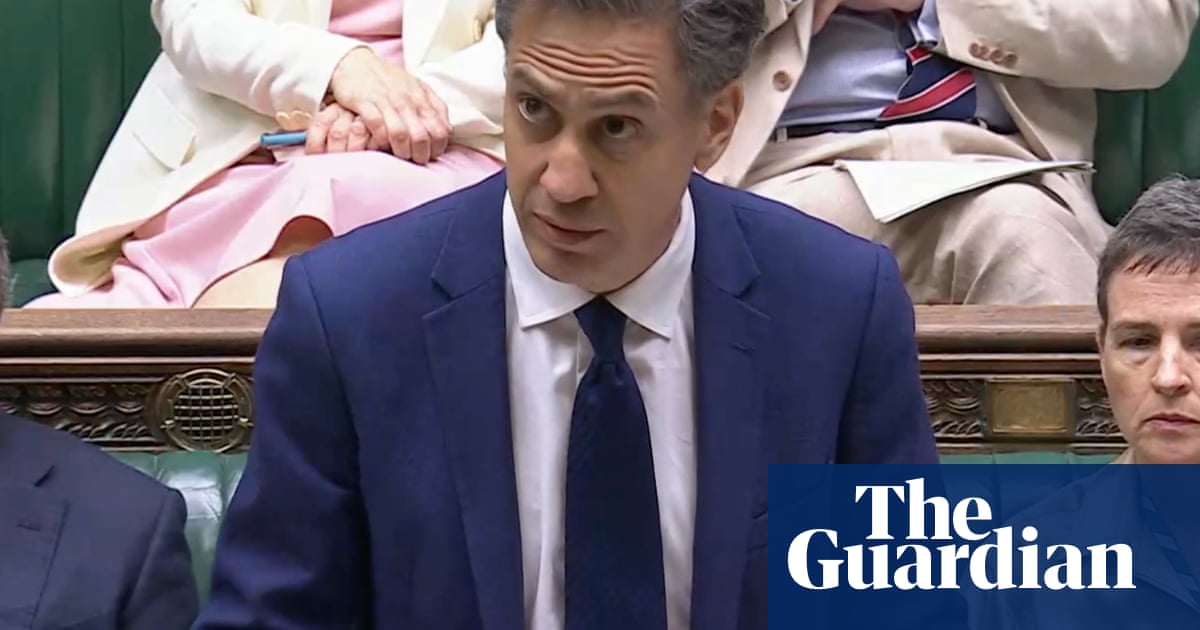#science-policy
#science-policy
[ follow ]
#trump-administration #research-funding #climate-change #public-health #higher-education #misinformation
Artificial intelligence
fromwww.scientificamerican.com
1 week agoHow one chemist is using AI and robots to automate lab experiments
AI-driven laboratory automation like Coscientist accelerates chemistry by reducing repetitive work, improving accuracy, and enabling experiments previously limited by human error or fatigue.
fromNature
2 weeks agoDaily briefing: Caffeine might reduce dementia risk and slow cognitive decline
Researchers used data from two health studies to track the caffeine-drinking habits of more than 130,000 people over four decades. They found that drinking 2-3 cups of coffee or 1-2 cups of tea a day was associated with the greatest reductions in rate of cognitive decline, a result that held true even in people with a genetic variant called APOE4, which is associated with Alzheimer's disease.
Medicine
fromNature
3 weeks agoI know science can't fix the world - here's why I do it anyway
His message is clear: our world is built on abundant energy, around 80% of which has come from fossil fuels over the past 50 years. Because supplies are limited, energy consumption will peak in decades - sooner if humans attempt to limit climate change. To keep global warming below 1.5 °C by 2100, the use of fossil fuels must fall by 5-8% each year - a pace that is too fast for low-carbon energy to keep up with.
Environment
Science
fromNature
1 month agoGreenland is important for global research: what's next for the island's science?
Greenland's scientific research is expanding and globally important, driven by strengthened infrastructure, international collaboration, and critical climate studies amid rising geopolitical interest.
fromNature
1 month agoDaily briefing: Symbols on ancient pottery could be earliest evidence of mathematics
Pottery made by people of the Halafian culture, who inhabited northern Mesopotamia between around 6200 and 5500 BC, is painted with flowers that have 4, 8, 16 or 32 petals, and some show arrangements of 64 flowers. These patterns show a clear understanding of symmetry and spatial division long before written numbers came into use around 3400 BC, argue scientists in a new study. The skill might have helped the Halafian people with tasks such as sharing harvests or dividing communal fields, the authors say.
Science
fromNature
1 month agoPhD students' taste for risk mirrors their supervisors'
A researchers' propensity for risky projects is passed down to their doctoral students - and stays with trainees after they leave the laboratory, according to an analysis of thousands of current and former PhD students and their mentors.
Science
fromwww.esquire.com
2 months agoWe're in the Middle of the Highest-Stakes Water Fight the U.S. Has Seen in More Than a Century
From The Weather Channel: More than 300,000 homes and businesses remained without power Thursday morning after damaging winds slammed multiple states, including South Dakota, Colorado, Oregon, Idaho, Montana and Washington state. Nearly two dozen winds gusts of more than 100 mph were recorded Wednesday. The powerful winds brought down trees and powerlines killing one man and critically injuring two children.
US news
fromNature
3 months agoJapan's first female prime minister doesn't call herself a feminist - but the country needs her to tackle sexism in science
There is hope. Japan's ruling Liberal Democratic Party (LDP) and its coalition partner, the Japan Innovation Party (JIP), have released an agreement that pledges to "substantially expand" grants for scientific research and to "establish a system granting legal effect to the use of maiden names". Both are promising for researchers, but the future of Japanese science will depend on how these policies are implemented.
Women
US politics
fromArs Technica
3 months agoDisruption to science will last longer than the US government shutdown
The Trump administration is reallocating research funds and centralizing scientific authority, undermining Congressional spending power and risking long-term damage to U.S. science and competitiveness.
fromNature
3 months agoFrom MRI to Ozempic: breakthroughs that show why fundamental research must be protected
Around the world, budgets for fundamental research - studies that seek primarily to advance knowledge for its own sake, without an expectation of a return on investment - are coming under pressure to an extent not seen for at least a generation. In the United States, the principal funder of fundamental research, the National Science Foundation, has this year terminated some 1,600 grants worth a total of US$1 billion, a huge chunk of its $10 billion budget.
Science
fromFortune
5 months agoUnder the radar, CEOs have growing concerns about U.S. commitment to free speech, science, and rule of law | Fortune
Good morning. I've spent the week talking to business leaders and policymakers who've gathered in New York for Climate Week, the UN General Assembly and assorted events on the sidelines, including our own. The mood is generally somber, with growing concern about America's commitment to free speech, science, rule of law and remaining a hub for global talent. A few themes have emerged in terms of how CEOs are shifting their strategies.
US politics
US politics
fromwww.theguardian.com
5 months agoTrump's war on science leaves US public health experts reeling: They're sidelining science'
Trump's second presidency has sharply reduced scientific expertise across public health, climate, environment, and nuclear safety through firings and deep research funding cuts.
fromNature
5 months agoFeeling the heat: fossil-fuel producers linked to dozens of heatwaves
Major energy producers increased the likelihood and intensity of heatwaves, according to research published in Nature. Using data from an international disaster database, a team developed a methodology to investigate how much anthropogenic climate change had influenced heatwaves. They conclude that many of these events would have been "virtually impossible" without climate change, and that nearly a quarter of the heatwaves recorded from 2000 to 2023 can be directly linked to the greenhouse-gas emissions from individual energy giants.
Science
fromwww.scientificamerican.com
7 months agoFederal Science Workers Say Agencies Are Going in the Wrong Direction'
The federal government is filled with scientists who contribute to decisions regarding food, medicines, environment, health care, and more. However, as President Trump's second term began, many scientists noticed a shift towards an antiscience approach.
Science
fromThe Atlantic
7 months agoTrump's 'Gold Standard' for Science Manufactures Doubt
The executive order promises to ensure that "federal decisions are informed by the most credible, reliable, and impartial scientific evidence available." In practice, however, it gives political appointees authority to define scientific integrity and decide which evidence counts and how it should be interpreted.
US politics
Science
fromwww.theguardian.com
8 months agoTrump's new gold standard' rule will destroy American science as we know it | Colette Delawalla
The executive order threatens scientific independence by allowing political interference in research evaluations.
It disguises potential harm to scientific integrity under the guise of promoting rigorous and transparent research.
[ Load more ]

